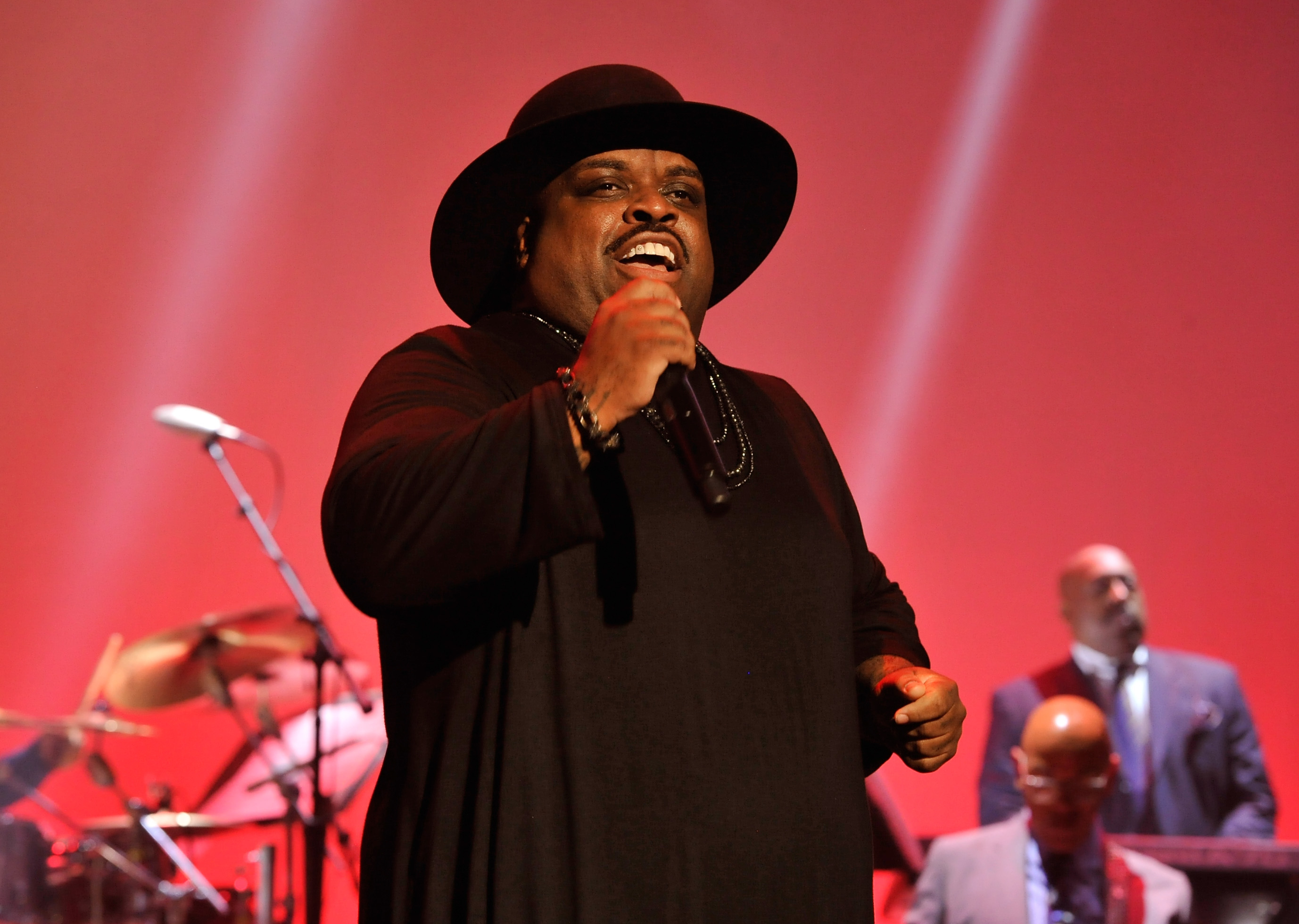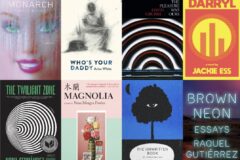Release Date: November 06, 2015
Label: Atlantic
CeeLo Green would like to show you the life of the mind. The burden of the artist was the animating concern of “Crazy,” the deathless downtempo soul rumination he recorded as one-half of Gnarls Barkley. It was the subject of Goodie Mob’s 2013 comeback single “Special Education,” a chest-thumping crunk-trap tribute to distinguished outsider status. And it’s the spirit haunting Heart Blanche, Green’s first solo record (excepting a Christmas release) in five years.
Of course, it’s hard to consider ghosts without getting a little ghoulish. That’s the sad fate of “Robin Williams,” the lead single he dropped this summer. As an attempt to grapple with tragedy, it’s less The Fisher King and more Jakob the Liar: a bathetic lament for a bunch of dead funnymen and also Philip Seymour Hoffman. “We don’t know what the next man’s going through,” Green notes, “Wish I could say it in a plainer way.” It’s hard to imagine how he could possibly get more direct than “Phil Hartman, can you hear me?” A pitched-up chirp chases the chorus: a bit of unfortunate comic relief.
Much better is “Est. 1980s,” a restless synth-rocker about Green’s bygone MTV/Solid Gold habit. What could’ve been a they-don’t-make-’em-like-they-used-to anthem (replete with nods to Mötley Crüe, Billy Joel, Run-DMC, and “The Safety Dance”) becomes, in his hands, something existential. “I was made in the ‘80s,” he howls over a guitar riff nicked from the Romantics’ “Talking in Your Sleep.” “Race Against Time” snaps back to the present, in a sense: Over a surging Soulquarian arrangement, Green declares himself forever young. Somewhere in between is “Music to My Soul,” an endearing mash note to his extended Dungeon Family, and a reminder of the first chapter of his remarkable three-acts-and-counting career.
But all this wrangling about legacy is here for a reason. Between this and his 2010 bedroom opus The Lady Killer there was a no-contest plea to furnishing a controlled substance, the result of a woman’s allegation that Green gave her ecstasy without her knowledge or consent, then took her to his residence, where she woke up naked, with no memory of arriving there. In response to a Twitter @, he issued a series of statements on his definition of rape, equally repugnant and incomprehensible. (He then apologized and deleted his account, for a time.) It’s that background that shades “CeeLo Green Sings the Blues,” the record’s emotional centerpiece. Free from the aforementioned context, it’s a moody soul showstopper, a statement of genre-hopping purpose. Shackled to life, though, it’s a bummer of a self-absolution: a soppy apologia that finds him mewling “My heart is filled with unconditional love / How could anyone hate me?” Coming two songs after “Robin Williams,” his suggestion that “maybe the world would be better off without me” is unconscionable.
So it’s no surprise that the romantic tunes are shunted to the second half of the record. As they go, they go well: The crotchet piano attack of closer “The Glory Games” recalls the gloom-pop of Gnarls Barkley’s secret masterpiece “Smiley Faces”; the gallant imagery suggests Lady Killer bonus cut “Grand Canyon.” The crisp soul-pop ballad “Thorns” has the phrasing and feeling of early Prince. At 41, neither his synthesizing sensibility nor his pipes are dimmed. He’s the only U.S. pop star who would consider tackling something as gauche as the disco obelisk “Tonight” (which suggests nothing less than a blowout 12” version of Journey’s “Who’s Crying Now”) and one of a handful who could wrestle it to a standstill.
Without a doubt, CeeLo’s career to date has been remarkable. Helping to pioneer the Dirty South aesthetic would have been legacy enough; “Crazy” (a hit so massive Gnarls de-listed it in the U.K. lest it wear its welcome out) and “F**k You” (an exasperating soul pastiche that will outlive us all and also predicted Meghan Trainor) put him in the pop pantheon. Heart Blanche makes a persuasive play for continued chart relevance. But as ever, there are extratextual considerations in play. He’s made his case; whether he becomes an elder statesman or another entertainment casualty is up to everyone else.





